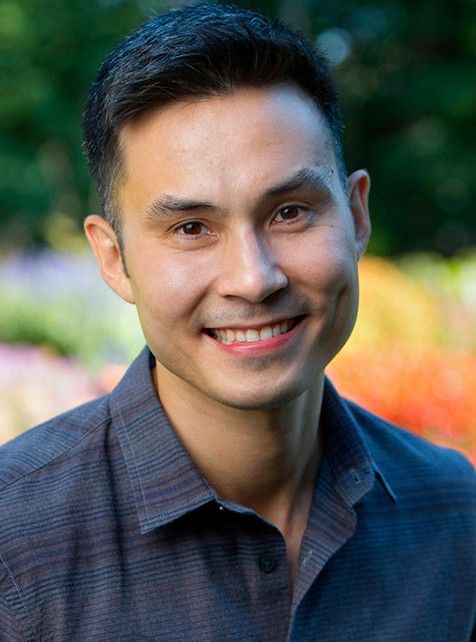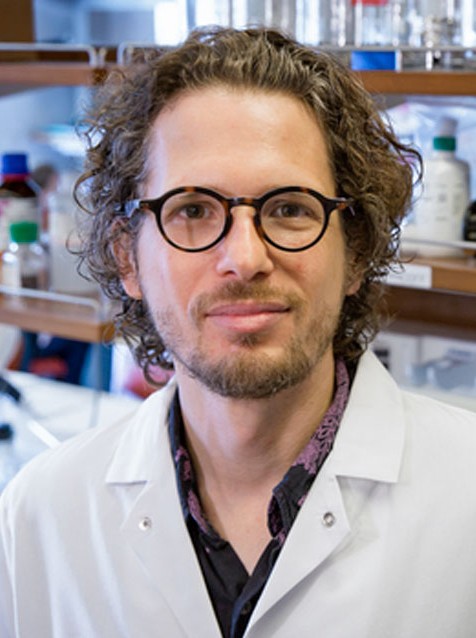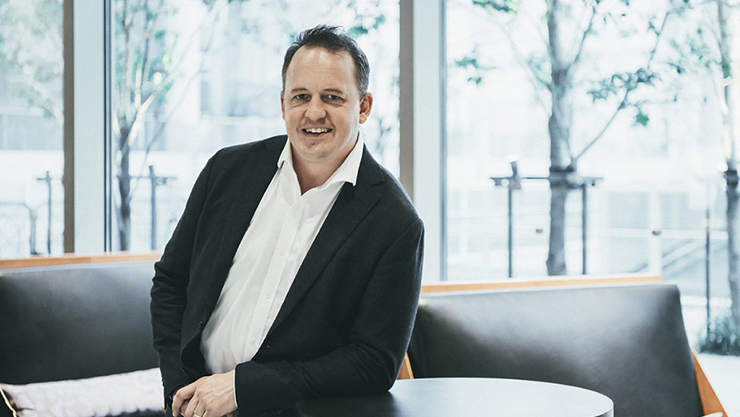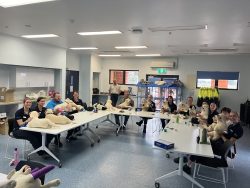Two Cornell scientists have each been awarded a four-year, $600,000 Distinguished Scientist grant by the Sontag Foundation to advance their research on brain cancer.
The awardees are Marcos Simoes-Costa, assistant professor of molecular biology and genetics in the College of Agriculture and Life Sciences, and Dr. Dan A. Landau, associate professor of medicine and a member of the Sandra and Edward Meyer Cancer Center at Weill Cornell Medicine.
Each year the foundation awards between two and five Distinguished Scientist grants to early-career researchers who have the potential to increase survival rates, improve recovery and discover better treatments for patients with brain cancer.
“We want to fuel significant advances in brain cancer research, which is why, through a competitive process, we award scientists who demonstrate promise for making scientific and medical breakthroughs in brain cancer research,” said Rick Sontag, president and co-founder of the Sontag Foundation.
Simoes-Costa studies the genetic circuits that control cellular identity and behavior during embryonic development, and the project supported by the foundation sits at the intersection of cancer genesis and developmental biology. He plans to investigate the specific genetic mechanisms that are abnormally activated during the formation of the central nervous system, which then lead to embryonal tumors.
“Support from the Sontag Foundation will allow us to define how developmental mechanisms are redeployed by cancer cells during tumorigenesis and metastasis,” Simoes-Costa said. “By examining the biology of cancer cells through a developmental prism, we hope to identify novel targets for therapeutic intervention.”
Using functional genomics and single-cell analysis, Simoes-Costa will determine what controls the transitions in cellular states that appear in pediatric brain cancers.
Simoes-Costa was named one of 50 Young Scientists under the age of 40 by the World Economic Forum in 2018, and received the New Innovator Award from the National Institutes of Health (NIH) in 2019.
Landau’s award will fund his laboratory’s efforts to unravel the different types of cells that make up gliomas – one of the most common types of brain tumor and one of the deadliest cancers, with a five-year survival rate of only about 5% to 10%.
“I’m particularly excited to work with the Sontag Foundation because they cultivate a community of leading scientists who share the same vision and goal of providing better therapeutic options for glioma patients,” said Landau, who is also a core member of the New York Genome Center and an oncologist at New York-Presbyterian/Weill Cornell Medical Center.
In recent years, Landau and other investigators have shown that gliomas are not of one stable cell type, but rather ever-shifting mixes of cancerous cells expressing different sets of genes – essentially having different cell identities. Some of these cancerous cells have stem-cell properties that make them particularly difficult to kill with chemotherapy-type treatments. Others have more mature cell-type identities but often retain the capacity to revert back to characteristics that define stem cells.
“Cancer cells in gliomas work as a community,” Landau said, “which poses a challenge for therapeutic approaches because it means that drugs or therapies essentially need to counter not just one disease in each patient but rather multiple varieties of this disease.”
He and his team have helped develop and pioneer the use of “single cell multi-omics,” which is well-suited for studying such heterogeneous cancers. For individual cells, this technology enables scientists to record their DNA sequence, gene activity pattern, and the pattern of epigenic, gene-regulating markers on DNA – allowing researchers to rapidly characterize hundreds or thousands of cells sampled from a tumor.
By characterizing tumor cells in this fine-grained way, the scientists also can develop a picture of how they evolve throughout glioma progression and how the tumors respond to different therapies. Landau said this knowledge should, in turn, enable treatments, including multidrug “cocktails,” to target these tumors more effectively.
“We expect that this work will give us a new perspective in understanding and treating brain cancers,” he said.
Landau received the NIH Director’s New Innovator Award in 2018 and received a Vallee Scholar Award in 2020.
The Sontag Foundation was established in 2002 by Sontag, a Florida-based businessman and philanthropist, and his wife Susan, a brain-cancer survivor.
Jim Schnabel is a freelance writer for Weill Cornell Medicine. Jana Wiegand is the editorial content manager for the College of Agriculture and Life Sciences.









